Synopsis
Dara O Briain and his team go on a journey through time to discover what it is and how to get more of it. Alok Jha investigates the tiny margins of winning.
- Programme: Dara O'Briain's Science Club
- Series: 2
- Episode: 2: Adventures in Time
- Channel: BBC Two
- Broadcast year: 2013
- Science
Licence: ERA Licence required
UK only
Staff and students of licensed education establishments only
Cannot be adapted
Add Notes
More clips from Dara O'Briain's Science Club
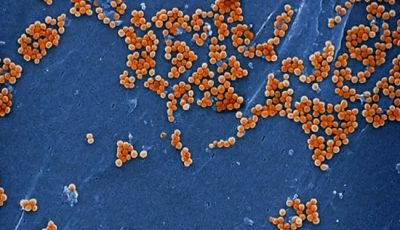
Defeating superbugs | Dara O'Briain's Science Club
Defeating superbugs | Dara O'Briain's Science Club
Could it be, that of all people, the Victorians had the answer to defeating superbugs all along?
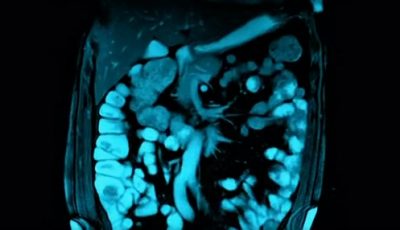
Journey through guts | Dara O'Briain's Science Club
Journey through guts | Dara O'Briain's Science Club
A camera travels through the digestive system.
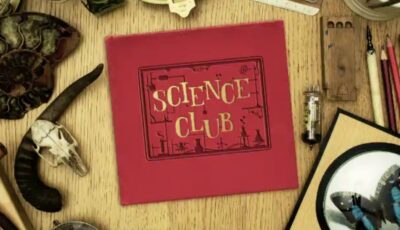
S2E1: Mindbending | Dara O'Briain's Science Club
S2E1: Mindbending | Dara O'Briain's Science Club
Dara O Briain and his team of experts explore how much our brains give away about us and discover how illusions and machines...

S2E3: DIY Science | Dara O'Briain's Science Club
S2E3: DIY Science | Dara O'Briain's Science Club
Dara O Briain and his team explore how powerful, affordable technology is ushering in a new era of DIY science that everyone...

S2E4: Future Fantastic | Dara O'Briain's Science Club
S2E4: Future Fantastic | Dara O'Briain's Science Club
Dara and the team of experts look to the future as they meet a robot with a sense of touch, investigate plans to mine t...

S2E5: Size Matters | Dara O'Briain's Science Club
S2E5: Size Matters | Dara O'Briain's Science Club
Dara and the team reveal why size matters in science and how discoveries large and small are changing the way we view the u...

S2E6: Invisible Worlds | Dara O'Briain's Science Club
S2E6: Invisible Worlds | Dara O'Briain's Science Club
Dara and the team shine a light on some of the mysterious and usually hidden worlds surrounding us, from our internal e...
More resources about Science
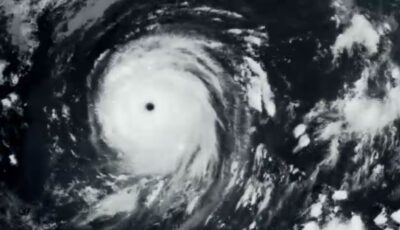
How hurricanes are formed by Earth's rotation | Learning Zone
How hurricanes are formed by Earth's rotation | Learning Zone
Physicist Helen Czerski explains that hurricanes happen because the earth is rotating. She shows how, because t...
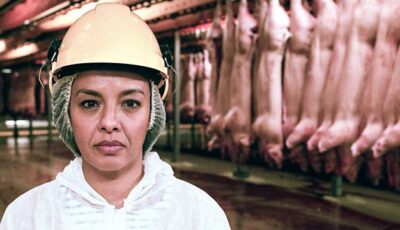
Meat: A Threat to Our Planet?
Meat: A Threat to Our Planet?
From colossal farms in America to the destruction of the Amazon, Liz Bonnin investigates how our hunger for meat is killing our planet.
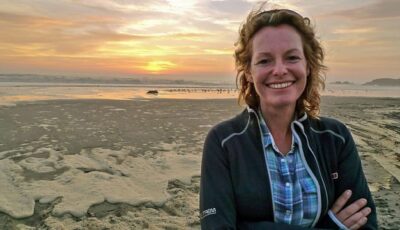
Orbit: Earth's Extraordinary Journey
Orbit: Earth's Extraordinary Journey
Kate Humble and Dr Helen Czerski follow the Earth's voyage around the sun for one complete orbit, travelling first from July to the Dece...
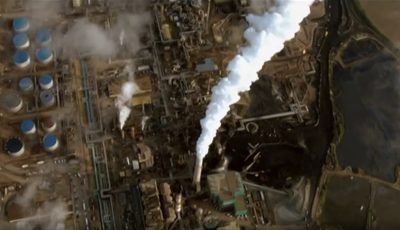
Greenhouse Gases | Climate Change: The Facts
Greenhouse Gases | Climate Change: The Facts
A discussion of the devastating impact of burning fossil fuels.
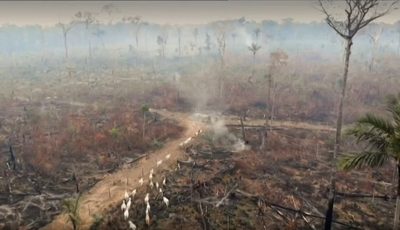
Amazon deforestation | Meat: A Threat to Our Planet?
Amazon deforestation | Meat: A Threat to Our Planet?
Liz Bonnin witnesses the devastation of the Amazon rainforest from the sky.
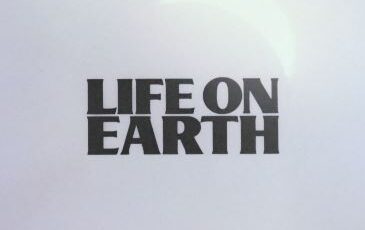
9: The Rise Of The Mammals | Life On Earth
9: The Rise Of The Mammals | Life On Earth
Mammals have proved to be one of the most adaptable products of evolution. David Attenborough looks at their evolution from reptil...
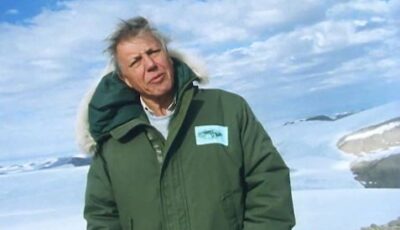
Plants in cold environments | The Private Life of Plants
Plants in cold environments | The Private Life of Plants
David Attenborough describes how certain plant species adapt to cold weather.
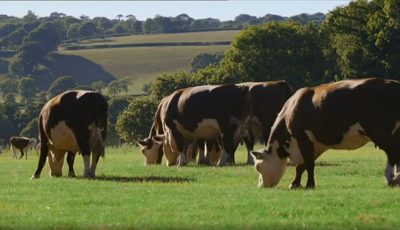
Sustainable meat production | Meat: A Threat to Our Planet?
Sustainable meat production | Meat: A Threat to Our Planet?
Liz Bonnin discusses the importance of understanding the process behind the meat we eat (warning: this clip conta...
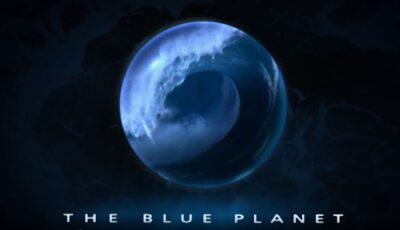
The Blue Planet
The Blue Planet
David Attenborough narrates a natural history of the oceans. We travel to the depths of the seas to reveal a spectacular variety of life, some never filmed b...
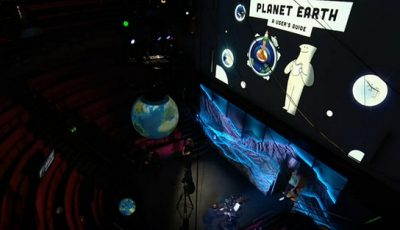
The carbon cycle and global warming | Royal Institution Christmas Lectures
The carbon cycle and global warming | Royal Institution Christmas Lectures
The carbon cycle process is being overwhelmed by the amount of carbon dioxide released into the at...
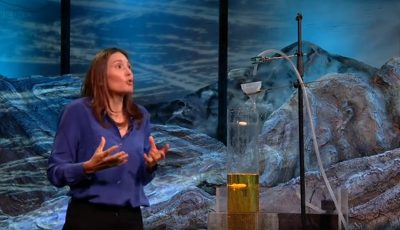
Carbon in the ocean | Royal Institution Christmas Lectures
Carbon in the ocean | Royal Institution Christmas Lectures
Dr Helen Czerski explains how carbon is incorporated into the ocean and how the increase in carbon intake is impac...
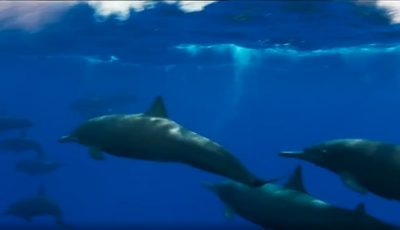
The boiling sea | Blue Planet II
The boiling sea | Blue Planet II
Lantern fish provide a rare banquet for some of the ocean’s top predators.
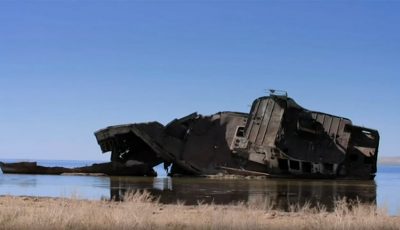
Cotton production and the Aral Sea crisis | Stacey Dooley
Cotton production and the Aral Sea crisis | Stacey Dooley
Stacey Dooley visits the Aral Sea Basin in Kazakhstan, which has almost entirely dried up due to cotton production.
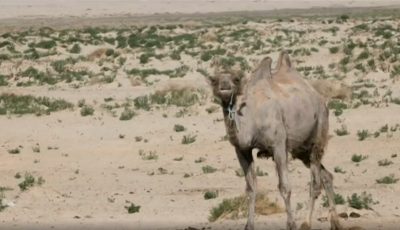
Environmental impact on the Aral Sea | Stacey Dooley
Environmental impact on the Aral Sea | Stacey Dooley
Stacey Dooley visits the Aral Sea Basin in Kazakhstan, which has almost entirely dried up due to cotton production.
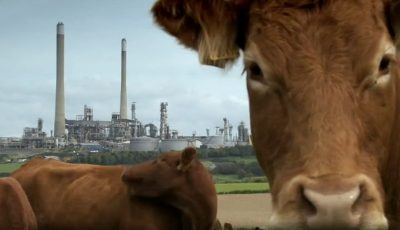
Fossil fuels behind every day food | Natural World
Fossil fuels behind every day food | Natural World
Rebecca Hosking goes through the fossil fuels involved in creating a shop bought sandwich.
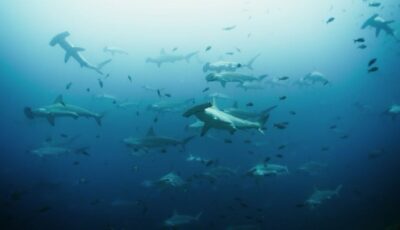
Importance of marine protected areas | A Perfect Planet
Importance of marine protected areas | A Perfect Planet
Spec references J247: B6.1b, B6.1c, B6.1d J250: B6.1b, B6.1c. How an increase of carbon dioxide and overfishing impac...
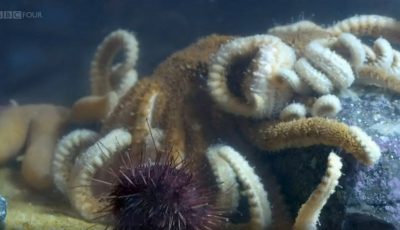
Life in icy environments | The Secret Life of Ice
Life in icy environments | The Secret Life of Ice
Dr Gabrielle Walker investigates how life has evolved in icy underwater environments.
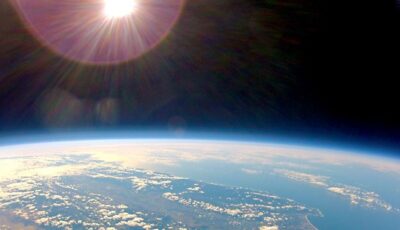
Orbit: Earth's Extraordinary Journey | Learning Zone
Orbit: Earth's Extraordinary Journey | Learning Zone
Kate Humble and Dr Helen Czerski follow the Earth's voyage around the sun for one complete orbit, to witness the astonis...
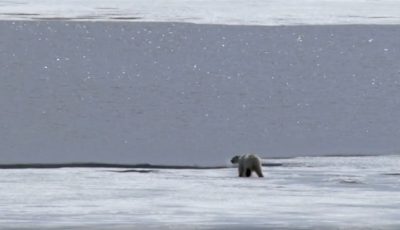
Polar bears' habitat under threat from glacial melt | Planet Earth
Polar bears' habitat under threat from glacial melt | Planet Earth
David Attenborough discusses the effects on polar bears of melting Arctic ice caused by global warming.
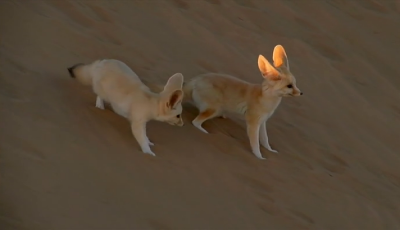
The smallest fox with the biggest ears! | Super Cute Animals (video)
The smallest fox with the biggest ears! | Super Cute Animals (video)
The fennec's ears help it to survive in the heat of the desert dunes.
